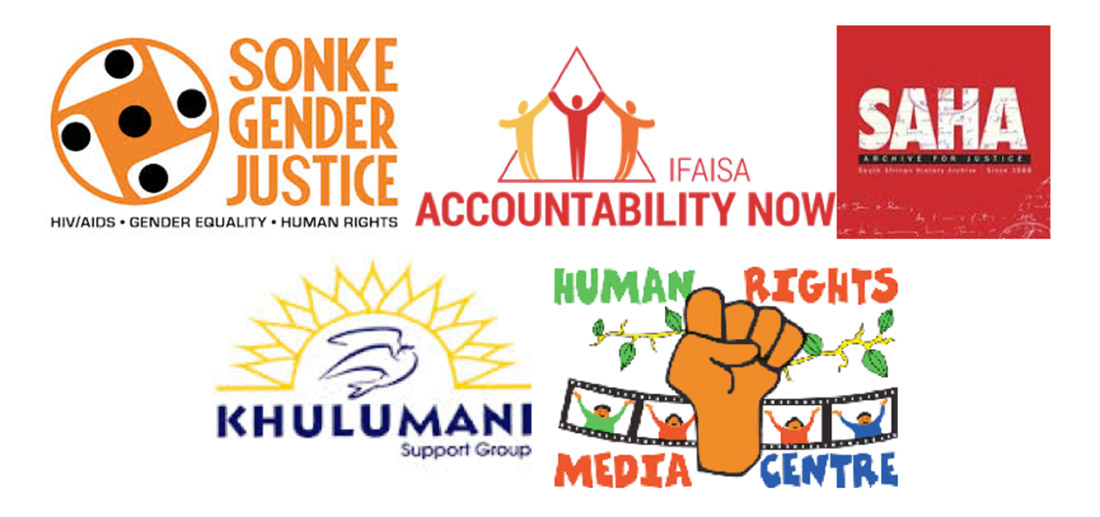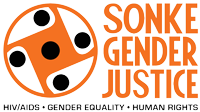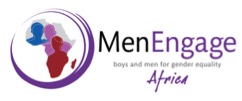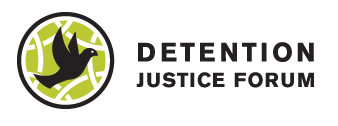
Five leading South African civil society organisations and 118 concerned individuals have endorsed a statement calling upon the South African Government to respect the rule of law and honour South Africa’s treaty obligations by cooperating with the International Criminal Court (ICC) in relation to the warrant of arrest issued for President Omar al-Bashir of The Sudan.
The South African based organisations who have endorsed the statement are:
- Accountability Now
- Human Rights Media Centre
- Khulumani Support Group
- Sonke Gender Justice Network
- South African History Archive (SAHA)
These organisations represent several thousand members and supporters.
The statement also calls on the South African Government to obey court orders and respect the independence of the judiciary. It calls upon political leaders to desist from making gratuitous attacks against the judiciary.
The National Director of Public Prosecutions is called upon to commence criminal proceedings against those who violated the court order restraining the departure of President Bashir from South Africa, including those who orchestrated the violation of the order.
The ICC is requested to refer the non-compliance of South Africa with its Rome Statute obligations to the ICC’s Assembly of States Parties in order to take appropriate action against South Africa.
The statement is pasted below.
For inquiries contact:
- Khulumani Support Group – Marje Jobson:
011 833 2044 / marje@khulumani.net
- Sonke Gender Justice Network – Dean Peacock:
011 339 3589 / dean@genderjustice.org.za - South African History Archive – Catherine Kennedy:
011 718 2560 / catherine@saha.org.za - Accountability Now – Adv Paul Hoffman SC:
082 888 0821 / paulhoffman@webafrica.org.za - Human Rights Media Centre – Shirley Gunn:
021 761 3303 / director@hrmc.org.za
CAMPAIGN TO UPHOLD THE RULE OF LAW
The South African government must comply with domestic and international law
We, the undersigned South African organisations and individuals call on the South African Government to uphold the rule of law, respect the independence of the judiciary and comply with its international treaty obligations.
On 15 June 2015, the full bench of the Gauteng Division of the High Court of South Africa declared that the conduct of the South African government in failing to arrest the President of the Republic of Sudan, Omar Hassan Ahmad al-Bashir, was inconsistent with South Africa’s Constitution and invalid. The High Court also found that the departure of President al-Bashir from South Africa before the finalisation of legal proceedings, and in full awareness of the explicit court order prohibiting his departure, amounted to non-compliance by the government with that order.
The International Criminal Court (ICC) has indicted President al-Bashir for genocide, war crimes and crimes against humanity allegedly committed in Darfur.
South Africa played an important role in the establishment of the ICC and was one of the first countries to ratify the Court’s enabling statute, the Rome Statute, and incorporate it into domestic law (The Implementation of the Rome Statute of the International Criminal Court Act 27 of 2002). This statute required the South African government to execute the ICC’s warrant of arrest when President al-Bashir entered South African territory. Our constitution is equally clear on the obligations of the state. Where an international agreement or treaty has been enacted into law by national legislation it is binding law.
The refusal by the South African government to cooperate with the ICC represents a very serious challenge to the global struggle against impunity and lawlessness. In refusing to arrest President al-Bashir South Africa has broken its international treaty obligations and defied its own law and Constitution.
The willful disobeying of a court order by the highest levels of government has significantly undermined the rule of law in South Africa. The brazen conduct of the government has dire consequences for the future of our constitutional democracy that may lead to its dismantling. If the government believes it is free to flout court orders why should others feel bound by the rulings of our courts?
Attacks by politicians on the integrity of judges are aimed at enabling impunity through delegitimizing the judiciary. All South Africans should stand firmly behind the Chief Justice in condemning the gratuitous attacks on the courts.
As a State Party to the Rome Statute, South Africa is obliged to cooperate fully with the ICC in the arrest and transfer of President al-Bashir to the ICC, whether or not it agrees with the indictment. Unless South Africa fully commits to complying with its domestic and international legal obligations it has no place in the community of nations seeking to end impunity for crimes that threaten the peace and security of the world.
The organisations and individuals listed below call upon:
The South African Government to:
- Respect the rule of law by obeying court orders and abiding by the Constitution.
- Reassert South Africa’s commitment to end impunity for those responsible for the crimes of genocide, crimes against humanity and war crimes.
- Comply with its treaty obligations under the Rome Statute and domestic law by cooperating fully with the ICC.
- Withdraw from the Rome Statute if it has no intention to comply with it.
South African politicians to:
- Desist from making gratuitous attacks against the judiciary.
The National Director of Public Prosecutions to:
- Institute criminal proceedings against those who violated the court order restraining the departure of President Bashir from South Africa, including those who orchestrated the violation of the said court order, on charges of:
- Contempt of court;
- Defeating the ends of justice; and
- Contraventions of the Immigration Act 13 of 2002 and the Immigration Regulations, 2014.
The International Criminal Court to:
- Refer the non-compliance of South Africa with the Rome Statute to the ICC’s Assembly of States Parties and the United Nations Security Council with the request that such bodies take appropriate action against South Africa.
The Assembly of States Parties of the ICC to:
- Hold a priority meeting of States Parties to seriously address anti-ICC sentiments and concerns from African States Parties and the African Union.
The United Nations Security Council to:
- Take decisive action on implementing Resolution 1593 (2005) that referred the situation in Darfur to the ICC.
- Support the ICC to comply with Resolution 1593 and take steps to ensure the cooperation of Member States of the UN with the ICC.
Endorsing organisations:
- Accountability Now (www.accountabilitynow.org.za)
- Human Rights Media Centre
- Khulumani Support Group (http://www.khulumani.net)
- Sonke Gender Justice Network (https://genderjustice.org.za)
- South African History Archive (SAHA) (http://www.saha.org.za)
118 concerned individuals have endorsed the statement hosted by Change.org.



